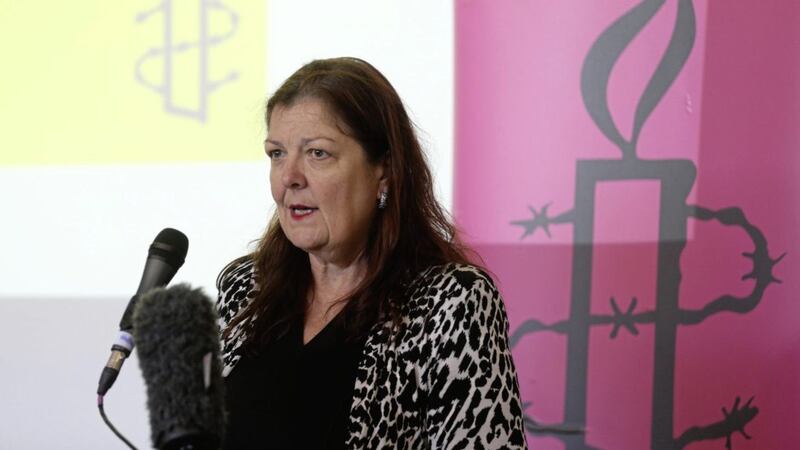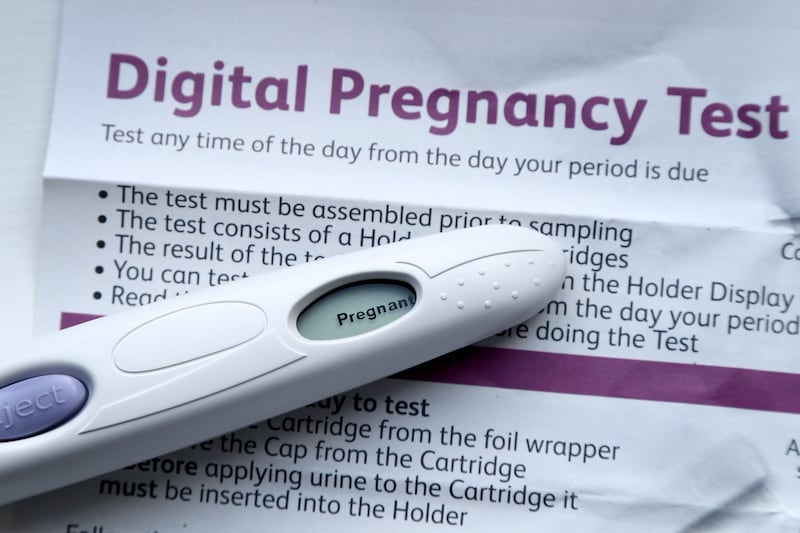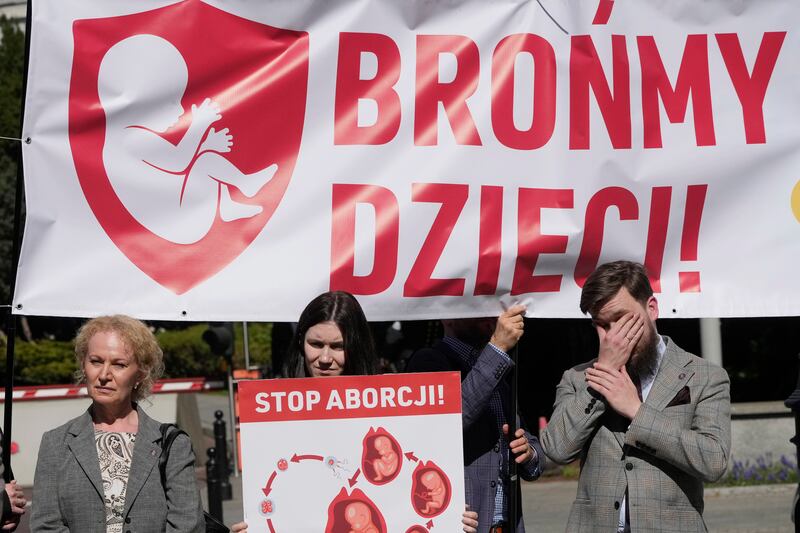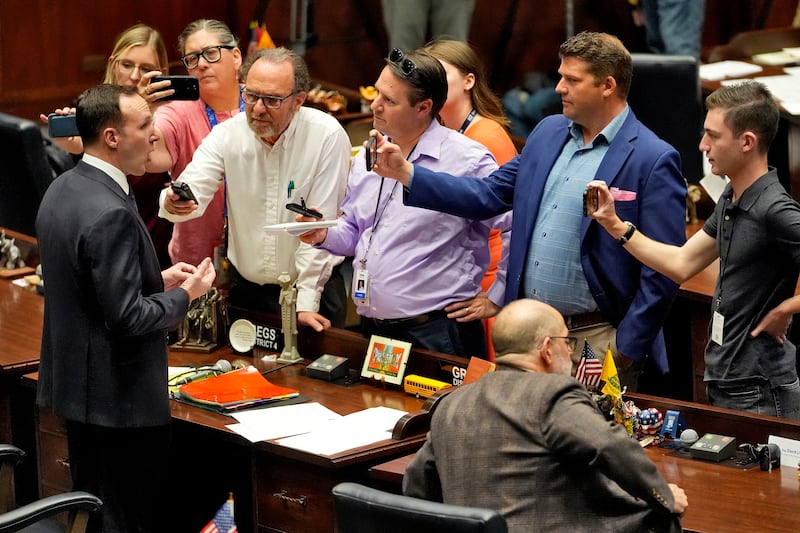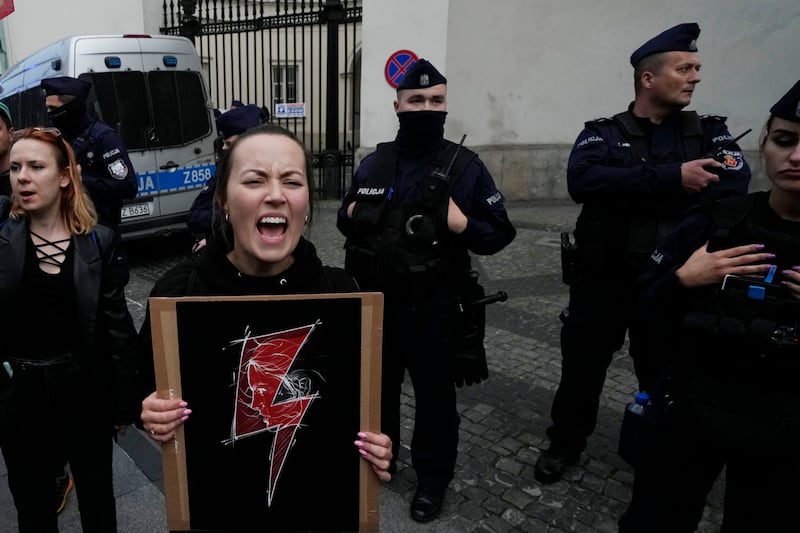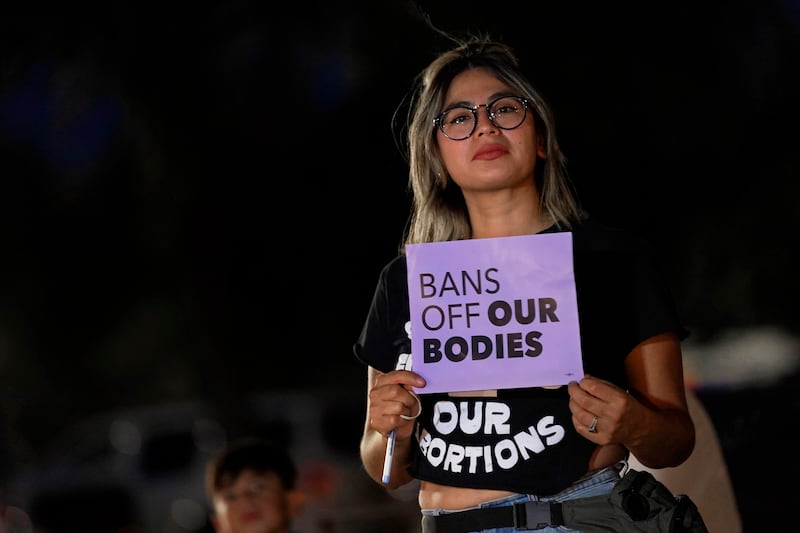HEALTH professionals in Northern Ireland who make abortion referrals to British clinics are no longer at risk of prosecution, the Director of Public Prosecutions has said.
In what is being viewed as hugely significant, Barra McGrory QC confirmed the position in correspondence with human rights charity Amnesty International.
He was responding to concerns raised about the implications of landmark legislation introduced in June which allowed women from the north to access free NHS abortions in England for the first time.
In a letter Mr McGrory stated he could see "no risk of criminal prosecution for NHS employees" who referred women to clinics in England and Wales.
He adds: "I also do not see the issue of criminal liability arising in the context of informing patients of the availability of abortion services in England and Wales."
The correspondence, dated August 25, addresses queries put forward by Amnesty's campaign manager for the north, Grainne Teggart, who last night described the response as a 'breakthrough' and called for updated clarity form the Department of Health on the back of it.
Abortions are strictly limited in the north to cases when a woman's life is at risk or there is a permanent or serious risk to her physical or mental health. Rape, incest and fatal foetal abnormalities are not grounds for legal abortions.
A tightening of guidelines by former DUP health minister Edwin Poots in 2013 led to the reinforcement of harsh penalties - including prison sentences - for doctors who perform abortions in the north as well as women who undergo procedures.
There was a public outcry four years ago when Sarah Ewart spoke publicly about having to travel to Britain for a termination after being told her baby would not survive due to profound disabilities.
Breedagh Hughes, director of the Royal College of Midwives (RCM) welcomed Mr McGrory's response and said she hoped it would reduce the 'climate of fear'.
"People were essentially looking over their shoulders and the number of 'legal' abortions plummeted following the draft guidelines in 2013, with just 16 procedures in 2015/16. Previously, there would have been around 50 a year," she said.
"When women receive a diagnosis of fatal foetal abnormality and are told that their baby will not survive beyond birth, the bottom falls out of their world. If they decide they cannot continue the pregnancy and want to have a termination, their midwife cannot give them advice for fear of committing a crime.
"Now that that the threat of prosecution is removed, it means that foetal medicine teams in Northern Ireland hospitals can refer women directly to hospitals in the UK and receive them back so that the circle of care is intact.
"In an ideal world women facing the devastating diagnosis that their baby will not survive beyond birth should not have to go to England at all for an abortion but this is a step in right direction in terms of safety and quality of care."
However, pro-life group Precious Life insisted the law in the north is "clear and unambiguous".
Director Bernadette Smyth said: "GPs, clinics and other organisations like Marie Stopes International and the FPA are unable to organise abortion referrals to England for NI women without exposing themselves to the risk of prosecution. They can only give advice."
In November 2015, the Belfast High Court ruled the north's strict laws violated human rights legislation under the European Convention of Human Rights, by not permitting terminations in cases of fatal foetal abnormality or sexual crime.
The case was challenged by the Department for Justice and Northern Ireland's Attorney General John Larkin QC.
A subsequent ruling at the Court of Appeal in June 2017 did not uphold the 2015 judgment and instead ruled that it is the role of Stormont rather than local courts to decide the law.
The Human Rights Commission is set to challenge the ruling through the Supreme Court in London.
